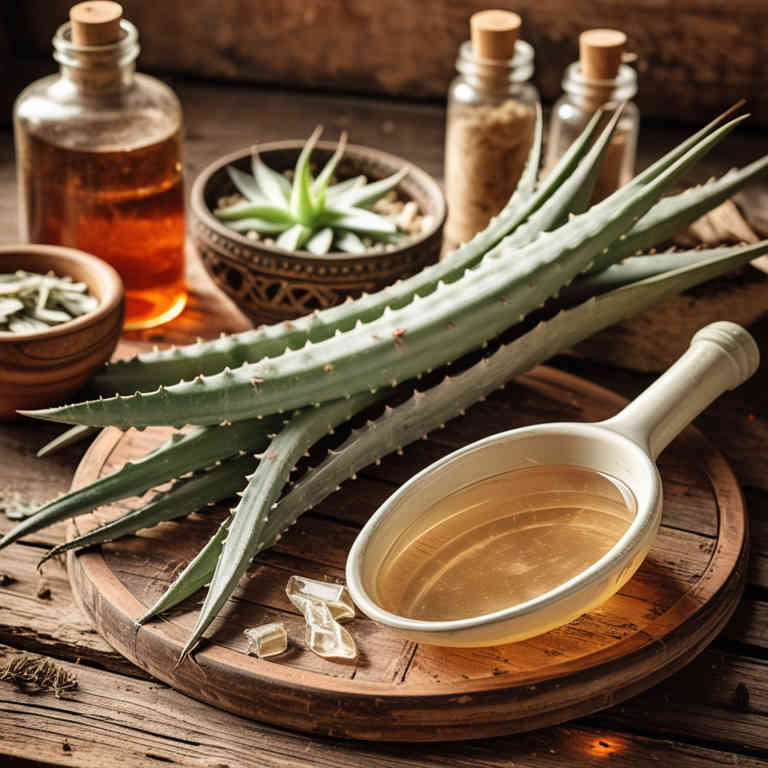Aloe vera decoction for medicinal use

Aloe vera decoction is a preparation made by boiling the gel-like pulp of the aloe vera plant in water to extract its active compounds.
This herbal remedy has been used for centuries in traditional medicine for its soothing and healing properties. It is commonly employed to treat digestive issues, skin conditions, and inflammatory disorders. The decoction is believed to help reduce inflammation, promote wound healing, and support gut health.
In herbalism, it is often used as a natural alternative to conventional treatments for a variety of ailments.
Uses
Aloe vera decoction has been used to treat a variety of ailments across different cultures for centuries.
Historically, it was employed in ancient Egypt, Greece, and India for its soothing and healing properties, particularly for skin conditions and digestive issues. Traditional uses also included its application in treating burns, wounds, and inflammation, often prepared by boiling the gel of the aloe plant. In modern times, it is commonly used as a natural remedy for digestive health, skin care, and immune support, with scientific studies supporting some of its anti-inflammatory and antioxidant effects.
Today, it is widely available in various forms, including oral decoctions and topical applications, continuing its legacy as a versatile herbal preparation.
Benefits
Aloe vera decoction has health benefits such as promoting digestive health, reducing inflammation, and supporting skin healing.
It is often used to alleviate symptoms of indigestion and irritable bowel syndrome due to its soothing effect on the gastrointestinal tract. The decoction may also help in reducing skin irritation and promoting wound healing because of its anti-inflammatory and antimicrobial properties. Additionally, it is believed to have a positive impact on immune function and may aid in detoxification processes in the body.
Overall, aloe vera decoction is a versatile herbal preparation that can contribute to both internal and external well-being.
Constituents
Aloe vera decoction active constituents include polysaccharides, anthraquinones, enzymes, and amino acids.
These compounds contribute to its anti-inflammatory, antimicrobial, and wound-healing properties. Polysaccharides are known to support immune function and skin regeneration. Anthraquinones may aid in digestive health by promoting regular bowel movements.
Amino acids help in the repair and maintenance of body tissues, making the decoction beneficial for overall health.
Preparation
To make Aloe vera decoction, begin by selecting fresh Aloe vera leaves and washing them thoroughly.
Next, cut the leaves lengthwise and remove the gel-like pulp from the leaf, being careful to avoid the sharp edges. Place the gel in a pot and add enough water to cover it, then bring the mixture to a gentle boil. Reduce the heat and let it simmer for about 15 to 20 minutes, allowing the active compounds to infuse into the water.
Strain the liquid through a fine mesh or cheesecloth to remove any remaining pulp, and let it cool before use.
Side Effects
Aloe vera decoction may lead to gastrointestinal discomfort, including nausea, vomiting, and diarrhea, due to its laxative properties.
It can also cause dehydration if consumed in large amounts, as it increases bowel movements. Long-term use may result in electrolyte imbalances, particularly in potassium and sodium levels. Some individuals may experience allergic reactions, such as skin rashes or itching.
Additionally, it may interfere with certain medications, especially those affecting the kidneys or blood pressure.